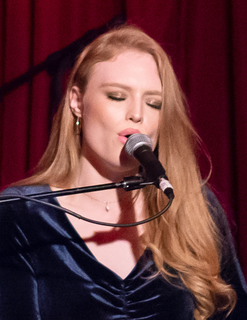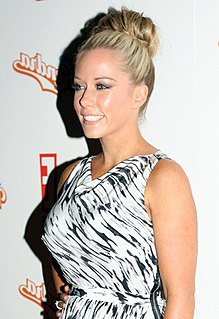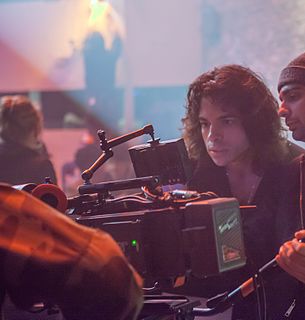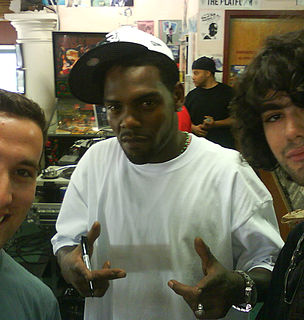A Quote by Joan Baez
If people have to put labels on me, I'd prefer the first label to be human being, the second label to be pacifist, and the third to be folk singer.
Related Quotes
The question has often been asked; Is Buddhism a religion or a philosophy? It does not matter what you call it. Buddhism remains what it is whatever label you may put on it. The label is immaterial. Even the label 'Buddhism' which we give to the teachings of the Buddha is of little importance. The name one gives is inessential.... In the same way Truth needs no label: it is neither Buddhist, Christian, Hindu nor Moslem. It is not the monopoly of anybody. Sectarian labels are a hindrance to the independent understanding of Truth, and they produce harmful prejudices in men's minds.
This was early '90s and in New York hip-hop was coming on really strong; that was the sort of urban folk music that was almost threatening to eclipse rock music and indie rock music in terms of popularity, which it has certainly gone on to do. But you know, this is the end of the 1980s, beginning of the '90s. The whole independent label thing has really evolved to this incredible point from the early '80s when we started, and there wasn't one record label at all, until a couple people started forming these small labels.
That is the beauty when I discovered the label 'Touched With Fire.' That book defined it for me, I could be that. And we just happen to be living in one age of society that put these various labels on the condition. In Aristotle's time, it was the 'inspired state.' In the Native American cultures, you were the shaman. Labels and language creates realities, even if they are false.
I'm a free agent. I want the major-label budget for my next album, but I'm too big for the label to pay me. I don't want to be controlled, to be watered-down. Labels were always asking me to do this or do that, saying that I was lacking something. And every time, I did it the next year. Singles? Radio spins? I showed 'em.
What? 'Borderline patients play games'? That what you said? Ernest, you'll never be a real therapist if you think like that. That's exactly what I meant earlier when I talked about the dangers of diagnosis. There are borderlines and there are borderlines. Labels do violence to people. You can't treat the label; you have to treat the person behind the label. (17)
I've been on a major label for 14 years. I've always wanted as many people as possible to hear my music, and it definitely made sense for the majority of my career to be on a major label, on a distribution level, to be in people's faces and be out there, and have access to major labels' incredible machine, even though they have not understood or haven't been invested in what I was doing.
For us, being a label, we took out the whole aspect of the business that goes into sifting through people who don't care, who don't get what you're trying to do. We can just hire and work with people who get it - the people who understand what this project is about. When you're on a label, you're just hoping somebody will stick their neck out and work for you. Most bands are just like, "I hope they do it. I hope they promote it." But being a label, we know exactly what's happening.




































